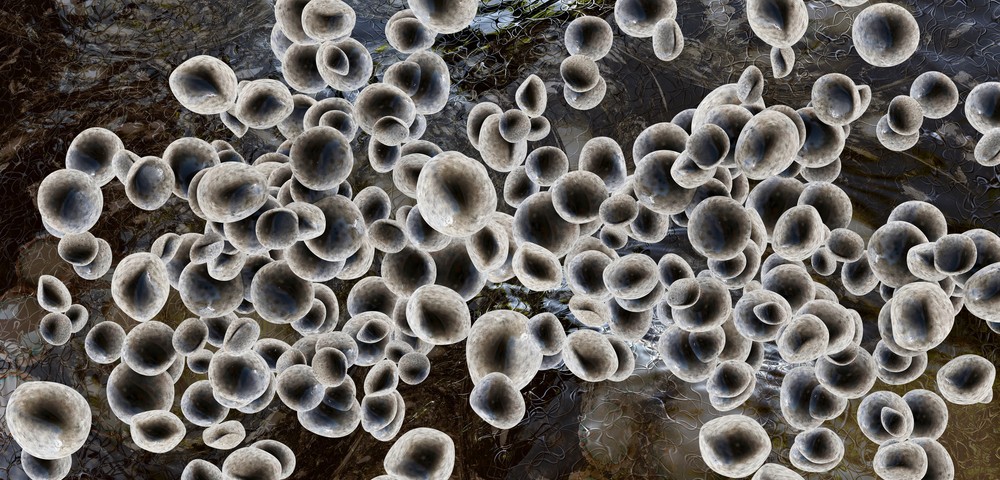The combined use of immunotherapy with live bacterium and chemotherapy improves the response rate in patients with malignant pleural mesothelioma (MPM), according to the results of a Phase 1b trial presented at the recent 2016 European Lung Cancer Conference (ELCC) in Geneva, Switzerland.
MPM is a rare and aggressive tumor of the lung lining that is associated with poor prognosis, and a reported mean survival time of about 12 months. “Standard of care treatment with pemetrexed and platinum compound chemotherapy gets a 30% response rate but a modest impact on survival. So there is a clear unmet need in targeting this specific population,” Thierry Jahan, MD, a professor of medicine at the USCF Helen Diller Family Comprehensive Cancer Center in San Francisco, said in a press release.
Since MPM patients strongly express the mesothelin antigen in their tumors, the team led by Dr. Jahan used a live, attenuated Listeria monocytogenes bacterium engineered to express mesothelin, designated CRS-207, to activate the innate and adaptive immune system. “In our early studies, CRS-207 induced an anti-mesothelin response and cellular tumour specific immunity in patients with mesothelin expressing tumours,” Dr. Jahad said. The researchers had also gathered data suggesting that immunotherapy and chemotherapy had a synergistic effect, “so testing the effect of this immune targeting agent with chemotherapy was a natural step.”
A total of 38 patients with unresectable MPM who were candidates for chemotherapy were enrolled in the study. Patients received two CRS-207 infusions two weeks apart, six cycles of cisplatin plus pemetrexed three weeks apart, followed by two additional CRS-207 infusions three weeks apart. Eligible patients received maintenance CRS-207 infusions every eight weeks and were followed until the disease progressed.
After a median follow-up of 9.4 months, researchers found that 59 percent of patients had partial response post-treatment, and 35 percent had stable disease, accounting for an overall 94 percent disease control rate, and a median progression-free survival of 8.5 months. Furthermore, the therapy “really does appear to be safe, and was well-tolerated in combination with pemetrexed and platinum chemotherapy,” he said. “There didn’t seem to be any cumulative toxicity.”
Immunohistochemistry data from three patients revealed an increased recruitment and expansion of tumor-infiltrating leukocytes following combination treatment. Particularly, infiltration of CD8-positive cells, macrophages and natural killer cells was found to be enhanced, suggesting that the immunotherapy activates both innate and immune adaptive immunity and acts synergistically with the chemotherapy.
“CRS-207 is an exciting agent for patients with mesothelioma,” Dr. Jahad concluded. “Our preliminary results are encouraging, suggesting superior clinical activity when added to standard chemotherapy. This supports assessing the impact of CRS-207 in a randomised trial, which is currently in the planning stages and should be underway within this calendar year.”


